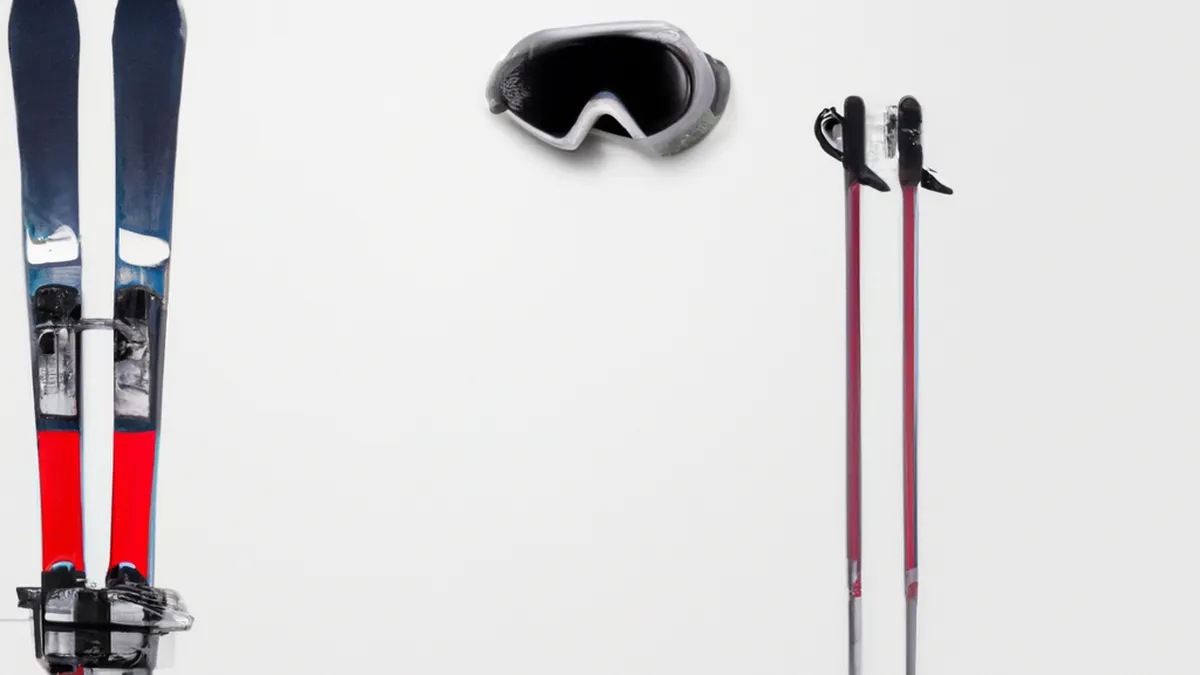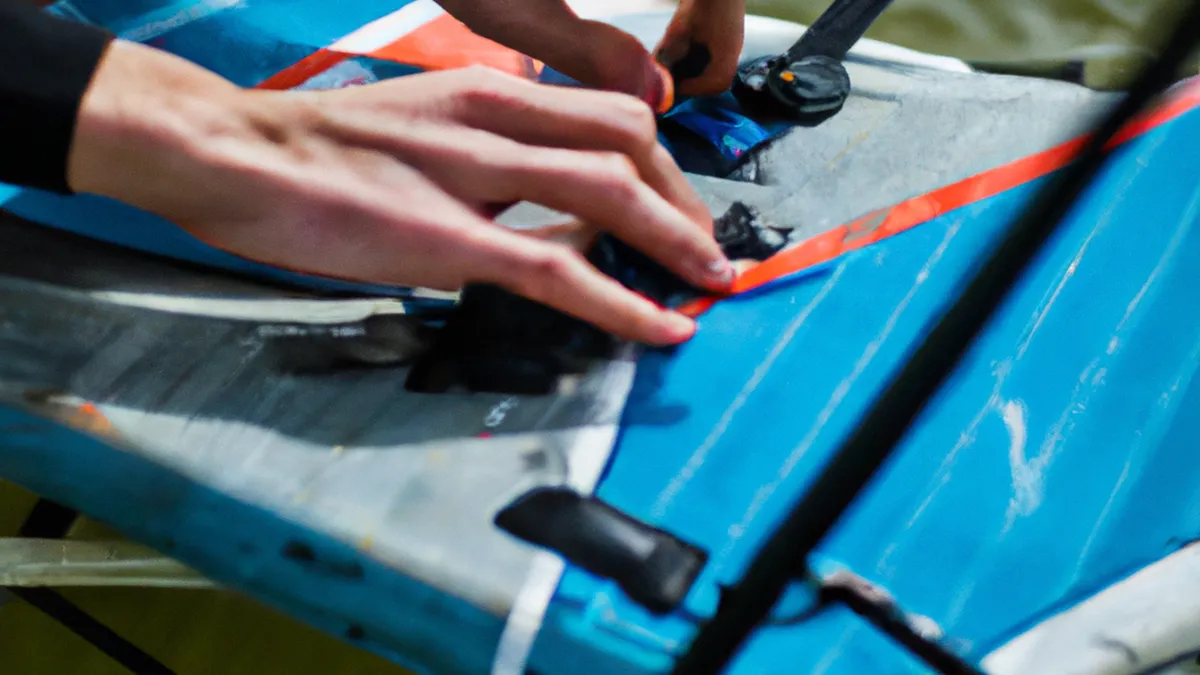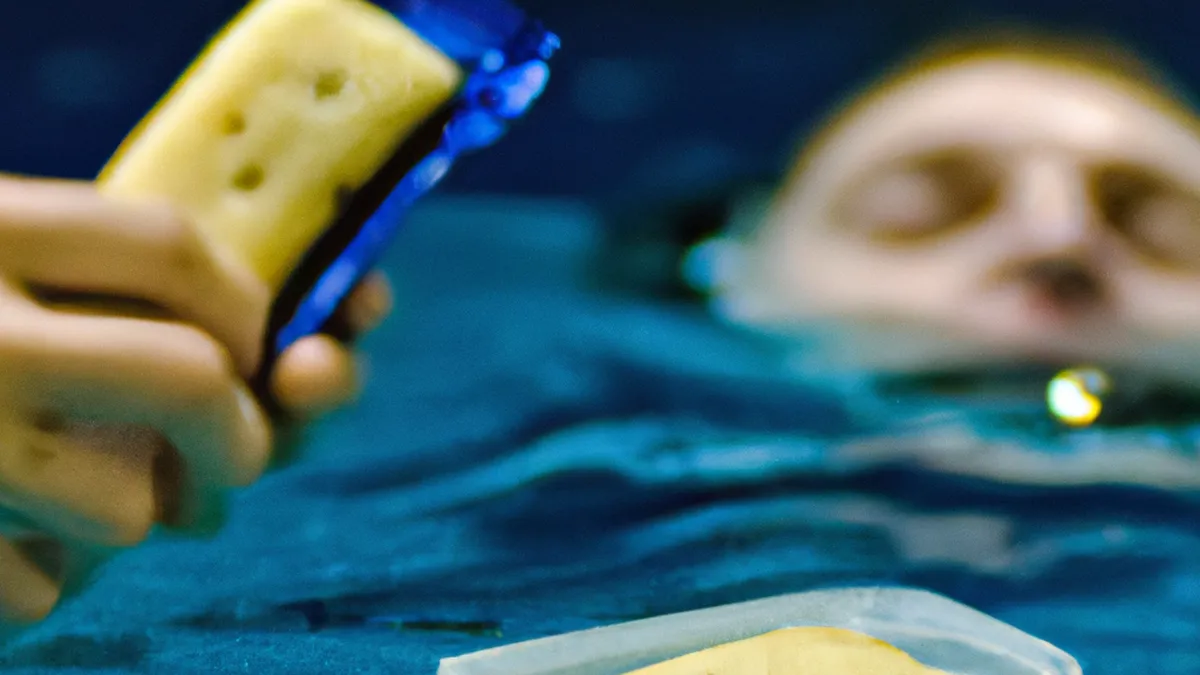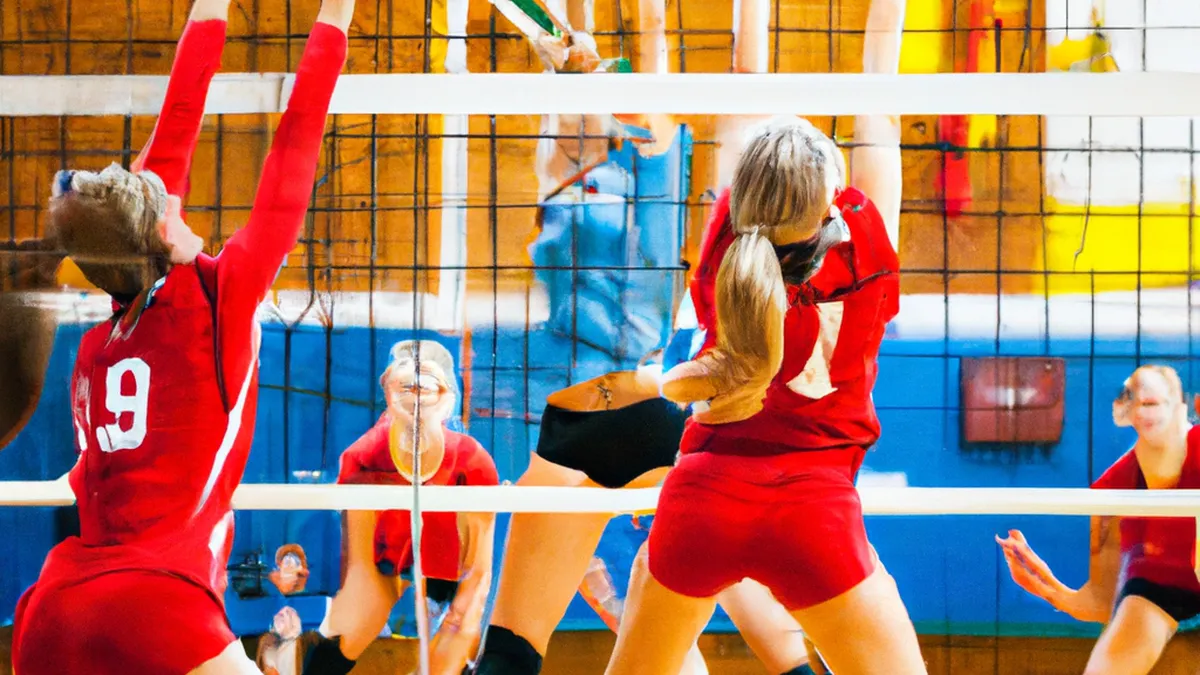Ski Strong: Visualize Your Slalom Success
Visualization Techniques for SkiingSkiing thrills with joy and challenges. Athletes, including skiers, use visualization techniques to enhance performance. Visualization helps athletes prepare, improve skills, and boost confidence. This blog explores effective visualization methods for skiing, showing how to harness your mind for better skiing.
What is Visualization?
Visualization, or mental imagery, involves creating detailed mental images of actions and outcomes. Athletes rehearse skills and build confidence, preparing for physical challenges. In skiing, visualization helps imagine runs, improve techniques, and reduce anxiety. The brain struggles to distinguish between imagined experiences and reality, making visualization a powerful tool.
Visualization Techniques for Skiing
As an Amazon Associate I earn from qualifying purchases.
Gear tip: consider ski goggles, ski helmet, and ski gloves to support this topic.
1. Mental Rehearsal
Mental rehearsal stands out as a powerful visualization technique. To practice, close your eyes and picture skiing down your favorite slope. Imagine every turn, jump, and landing. Feel the snow beneath your skis, the wind on your face, and the exhilaration of descending.Focus on details during visualization. What terrain do you ski on? What challenges arise? Imagine sounds, cold air, and beautiful landscapes. Mentally rehearse every aspect to build muscle memory and enhance performance. Research shows mental rehearsal improves real-life performances.
2. Use of Video
Watching skilled skiers’ videos enhances your visualization practice. Observe their techniques, body movements, and how they handle different conditions. Pay attention to rhythm, posture, and transitions between turns.After watching, close your eyes and visualize executing similar moves. This technique enhances your understanding and helps embody expert skills. Visualizing these techniques creates a mental blueprint for your slopes.
3. Guided Imagery
Guided imagery effectively benefits skiers. This technique involves listening to audio recordings that narrate a ski run, typically by a coach or psychologist. The recordings invite you to visualize movements and sensations.As you listen, imagine gliding smoothly down slopes. Picture beautiful scenery, the thrill of skiing, and adrenaline rushes during challenges. Guided imagery helps you relax and focus on performance, making success visualization easier.
Tips for Effective Visualization
1. Create a Relaxed Environment
Find a quiet space to visualize without distractions.
Conclusion
This post summarized the insights on visualization techniques for improving skiing performance.
Below are related products based on this post:
FAQ
What is visualization in skiing?
Visualization, or mental imagery, involves creating detailed mental images of skiing actions and outcomes. It helps athletes rehearse skills, build confidence, and prepare for physical challenges by imagining runs and improving techniques.
What are some effective visualization techniques for skiing?
Effective techniques include mental rehearsal, watching videos of skilled skiers, and using guided imagery. Mental rehearsal involves picturing yourself skiing down a slope, while video observation enhances understanding of techniques. Guided imagery uses audio recordings to help visualize ski runs and sensations.
How can I create a conducive environment for visualization?
To create a conducive environment for visualization, find a quiet space free from distractions. This relaxed setting allows you to focus fully on your mental imagery practice, enhancing the effectiveness of your visualization techniques.















Post Comment